BY WALTER OPINDE
On this day, 1st July, 1889, the Republican President Benjamin Harrison, soon after he took up residence in the White House appointed Frederick Douglass as the next U.S. Minister Resident and Consul General to Haiti.
Born into slavery in 1818 on the eastern shores of Maryland, Frederick Augustus Washington Bailey was the son of an enslaved woman and an unknown white man. He was enslaved for twenty years in the city households in Baltimore and on Maryland farms. In 1838, he fled northwards and changed his name to Frederick Douglass. Douglass was highly active in the abolitionist movement and became one of its greatest leaders. He gave numerous speeches about his life as an enslaved man and the atrociousness of the institution. He also published his autobiography, Narrative of the Life of Frederick Douglass, an American Slave in 1845, which further strengthened anti-slavery efforts. During the Civil War, Frederick met with President Abraham Lincoln and encouraged African-American people to take their freedom by fighting for the Union Army.
The autobiography became a bestseller, and was influential in promoting the cause of abolition, as was his second book, My Bondage and My Freedom (1855). After the Civil War, Douglass remained an active campaigner against slavery and wrote his last autobiography, Life and Times of Frederick Douglass. First published in 1881 and revised in 1892, three years before his death, it covered events during and after the Civil War. Douglass also actively supported women’s suffrage and held several public offices. Without his approval, Douglass became the first African-American nominated for Vice President of the United States as the running mate and Vice Presidential nominee of Victoria Woodhull, on the Equal Rights Party ticket.
Frederick Douglass was a revered African-American leader. In 1874 he arrived in Lafayette Square as the newly appointed president of the Freedman’s Savings and Trust Company, a bank chartered by Congress in 1865 to safeguard the savings of African-American Civil War veterans and former slaves. When Douglass saw the Freedman’s Bank building for the first time, he compared the experience to the way the Queen of Sheba, an African queen, felt upon seeing the riches of King Solomon. Douglass wrote, “The whole thing was beautiful, I felt like the Queen of Sheba when she saw the riches of Solomon, that ‘half had not been told me’.”
Douglass was a firm believer in the equality of all peoples, whether black, female, Native American or recent immigrant. He was also a believer in dialogues and making alliances across racial and ideological divides and in the liberal values of the U.S. Constitution. When radical abolitionists, under the motto “No Union With Slaveholders”, criticized Douglass’ willingness to dialogue with slave owners, he famously replied: “I would unite with anybody to do right and with nobody to do wrong.”
Frederick Douglass was doing an amazing job and deserved further recognition. That was the idea that dawned on Republican President Benjamin Harrison soon after he took up residence in the White House. As such, on 1st July, 1889, he chose Douglass as the next U.S. Minister Resident and Consul General to Haiti.
Read more of the story via:
https://www.nps.gov/museum/exhibits/douglass/visionary.html
http://www.aaihs.org/frederick-douglass-haiti-and-diplomacy/
Sources
Jacobs, H. and Appiah, K. (2004). Narrative of the Life of Frederick Douglass, an American Slave & Incidents in the Life of a Slave Girl. Paperback, pp. 42.





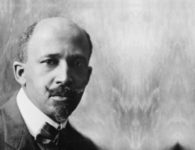


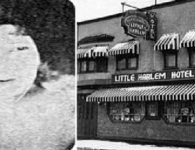
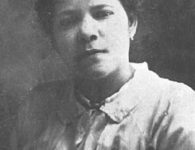
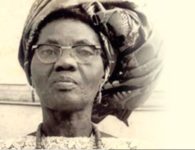

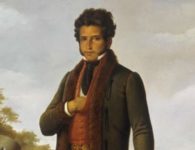
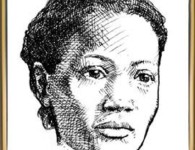
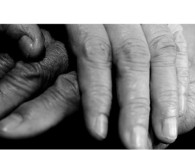
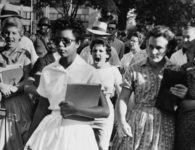
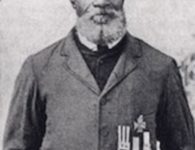


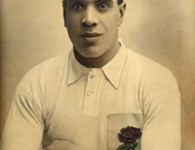

1 Comment
Normally I don’t read article on blogs, but I would
like to say that this write-up very pressured me to try and do
so! Your writing taste has been amazed me. Thank you, very nice
post.